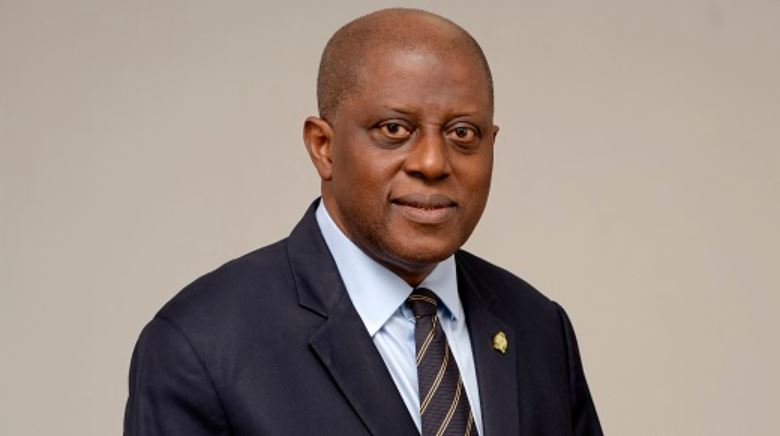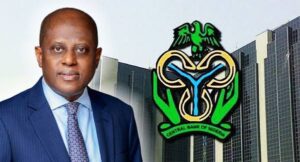CBN sets six-month deadline for successor bank chiefs

The Central Bank of Nigeria has directed all Domestic Systemically Important Banks (DSIBs) to secure regulatory approval for the appointment of successor managing directors at least six months before the exit of their incumbent chief executives.
The apex bank further ordered that such appointments must be publicly announced three months before the outgoing MD officially vacates office.
This new directive, signed by the CBN’s Director of Financial Policy and Regulation, Dr. Rita Sike, was published on the regulator’s website on Tuesday. It forms part of broader reforms aimed at strengthening corporate governance, minimising uncertainty, and safeguarding public confidence in Nigeria’s financial system.
Quoting the circular, the CBN said:
> “Each DSIB is hereby required to:
– Obtain regulatory approval for the appointment of a successor Managing Director not later than six months to the expiration of the tenor of the incumbent MD/CEO.
– Publicly announce the appointment of the successor MD/CEO not later than three months to the planned exit of the incumbent MD/CEO.
Please ensure strict compliance.”
The apex bank stressed that leadership uncertainty in large banks poses significant risks to financial stability and the wider economy.
The rule is anchored in Section 2.14 of the Corporate Governance Guidelines (2023), which mandates boards of commercial, merchant, non-interest, and payment service banks to maintain robust succession plans for senior executives.
By tightening succession planning requirements, the CBN said it intends to reduce risks associated with abrupt leadership changes, enable incoming executives to prepare adequately for their roles, and ensure smooth management transitions.
Domestic Systemically Important Banks—often described as “too big to fail”—are critical to Nigeria’s financial system because of their size, complexity, and interconnectedness. The CBN warned that shocks at such banks could reverberate through the wider economy, affecting depositors, shareholders, and other institutions.








